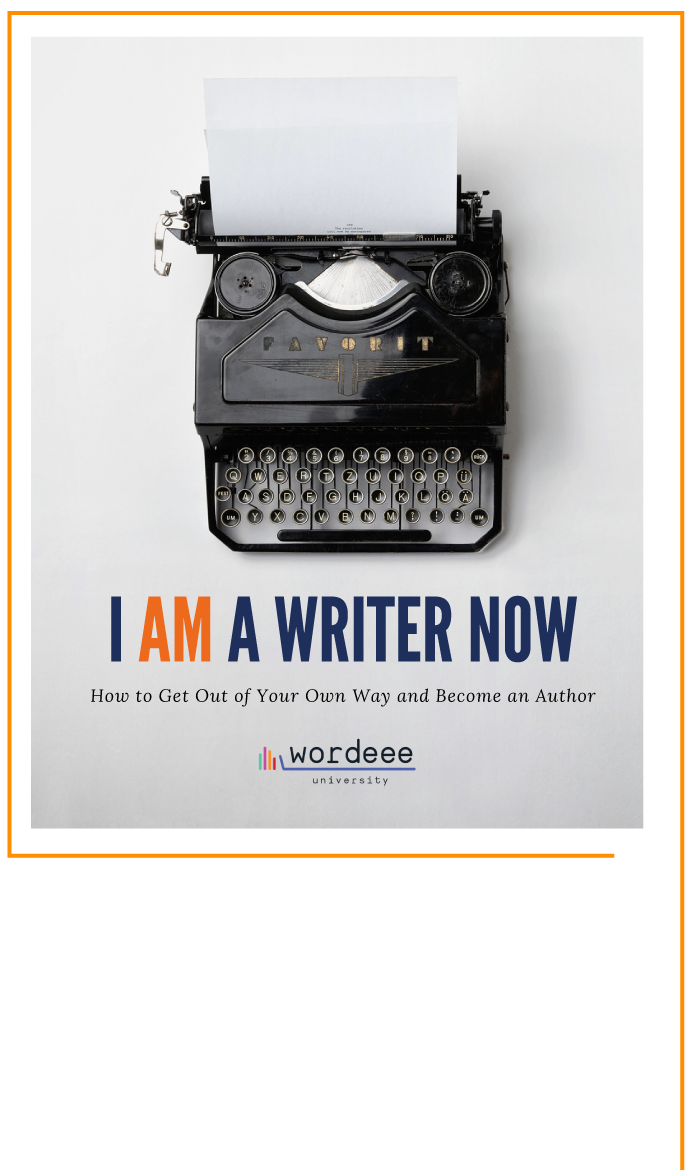Writing was once undertaken by writers who were well-versed in their craft. Not anymore. Self-publishing has democratized publishing into the land of the ridiculous. However, if you plan to work with us or any reputable publishing house, you must put your best foot forward as a writer. We are not asking for perfection, but we are giving you the 411 on how to not end up in the slush pile that’s never looked at again.
Editors are busy people trying to find the next gem of a book. If you send in something that shows you don’t care about your work, why should they? So, as always, Wordeee wants to give you a leg up on the not-too-ready competition. Whether proficiency in punctuation and grammar has declined or the English language has been reduced to rubble, it’s your job, as a real writer, to keep the integrity of the craft. Yes, we know that social media is constantly redefining language with the use of abbreviations and jargon, however, as professional writers and communicators, you need to convey clearly and accurately that which you want to share with your audience.
So, here’s the help we are offering you in this article. The frequent misuse of words, punctuation, and grammar often leads to confusion or changes in the meaning intended. Here are some of the most commonly misused words that can immediately get you into the slush pile:
- Affect and Effect
- Farther and Further
- Wander and Wonder
- Piqued and Peaked
- Accept and Except
- Currant and Current
- Desert and Dessert
- Their and There
- Eminent and Imminent
- Peace and Piece
- That and Who
1. Comma (,)
- A comma is used to separate items in a list or to separate like items from each other; e.g., I love to dance, sing, act, and twirl.
- The comma is often misused in complex sentences, where people either overuse or underuse it. Example of a complex sentence misuse: I love ice cream, I could eat it every day. This should be two separate sentences that could be joined with a conjunction like "and."
- Introductory clauses. Frequently, I drive by my old house.
Here is a simple rule, use a comma whenever you take a breath. Read your sentence aloud. If you pause naturally, you probably need a comma.
Let’s eat Grandma. vs. Let’s eat, Grandma. The first indicates we'll be eating Grandma for dinner vs. the second, which is an invitation to dine with Grandma.
How about Twenty five dollar bills vs. Twenty-five dollar bills? One is $100 and the other is $25.00. Surely, you don’t want to make that mistake.
2. Apostrophe (')
- Misuse: Apostrophes are often incorrectly used to form plurals or omitted in contractions and possessives.
- Example of misuse: The Harrison’s are going fishing. The correct form is The Harrisons are going fishing—no apostrophe needed for plurals.
- Another misuse: Its snowing outside instead of It's snowing outside, where "it's" means "it is".
3. Semicolon (;)
- Misuse: Many people struggle with when to use a semicolon versus a comma or period. Semicolons are often misused to join clauses that are not closely related.
- Example of misuse: I went to the flea market; I bought a coat. This is correct, but semicolons are often overused where a period would suffice.
4. Quotation Marks (“ ”)
- Misuse: Quotation marks are often misused when people aren’t clear on whether to place punctuation inside or outside of the marks.
- Example of misuse: Fred said, “I’m going”. The period should be inside the quotation marks: Fred said, “I’m going.”
5. Exclamation Mark (!) This is an annoying one. One! mark is enough!
- Misuse: Overuse of exclamation marks where there are four or five in a row will drive us bonkers! It works the opposite of what is intended and can diminish its impact. Using them too often, or using too many, especially in formal writing, is considered unprofessional.
- Example of misuse: This is the best day ever!!!!
6. Colon (:) The colon has many uses in a sentence. You should get familiar with them. It’s typically used before a list, example, or explanation.
- Misuse: Colons are sometimes used where a comma or semicolon would be more appropriate, and vice versa.
- Example of misuse: I need to buy: cheese, grapes, and bread. The correct usage would omit the colon: I need to buy cheese, grapes, and bread.
7. Dash (—) and Hyphen (-)
- Misuse: The em dash (—) and hyphen, also called en dash (-), are not interchangeable, though they are often confused. Dashes are used to set off information, while hyphens are used to make compound words or phrases.
- Example of misuse: We have a ten—minute break for coffee. It should be ten-minute break, with a hyphen. This is an en dash. An em dash can mean words are left out or it is used to indicate the writer of a quote, to replace a parenthesis or, often, a break in the sentence structure. That means you bookend a sentence with a phrase that veers off in the middle. Here is an example: The employee walked in―more like slithered in―late.
Each of these misuses can change the tone or meaning of a sentence, so it's important to use words and punctuation marks correctly. Style guides, such as The AP Stylebook, The Chicago Manual of Style, The New York Times Manual of Style and Usage, or the MLA Style Manual should be next to your dictionary and thesaurus. They offer help on these nuisances that will polish and refine your work and blow your editor away. If all that seems too much, at least use Grammarly. One surefire way to catch some of these errors is to have Word read your writing aloud. If not all, you'll catch the commas!






